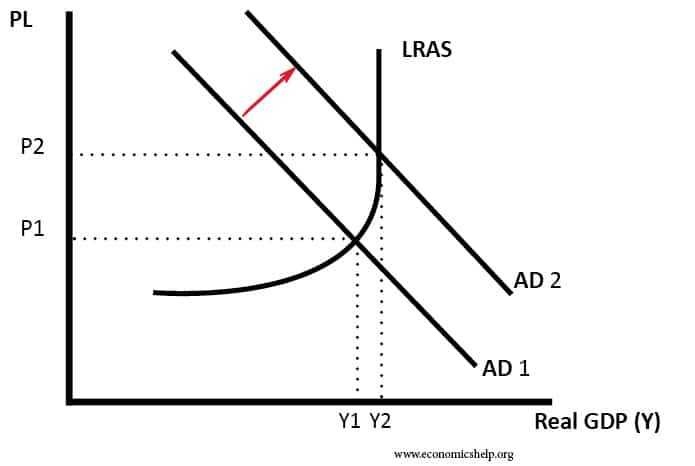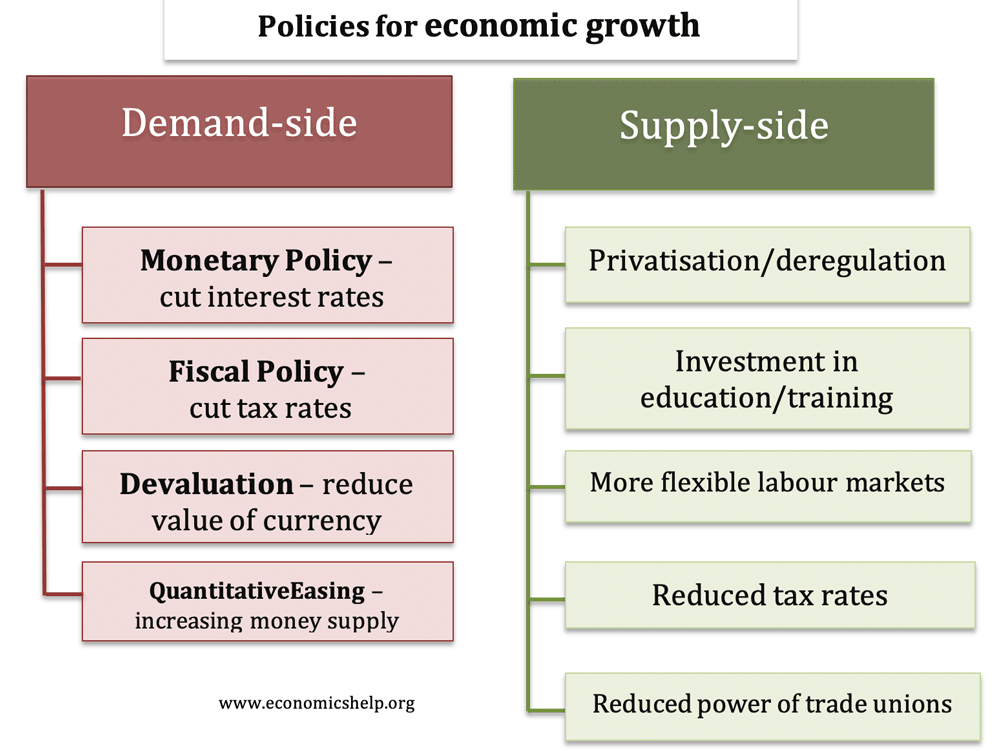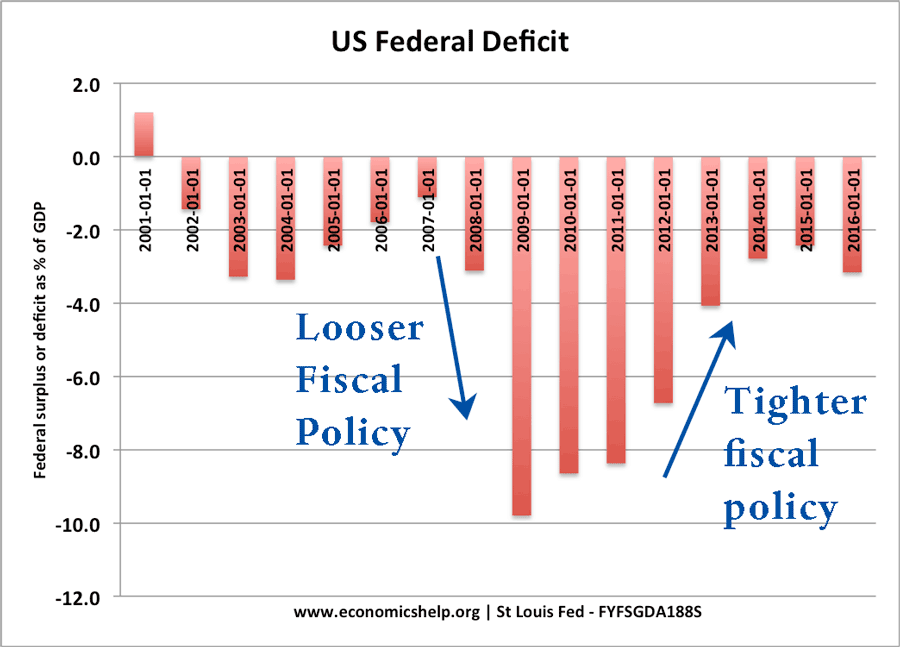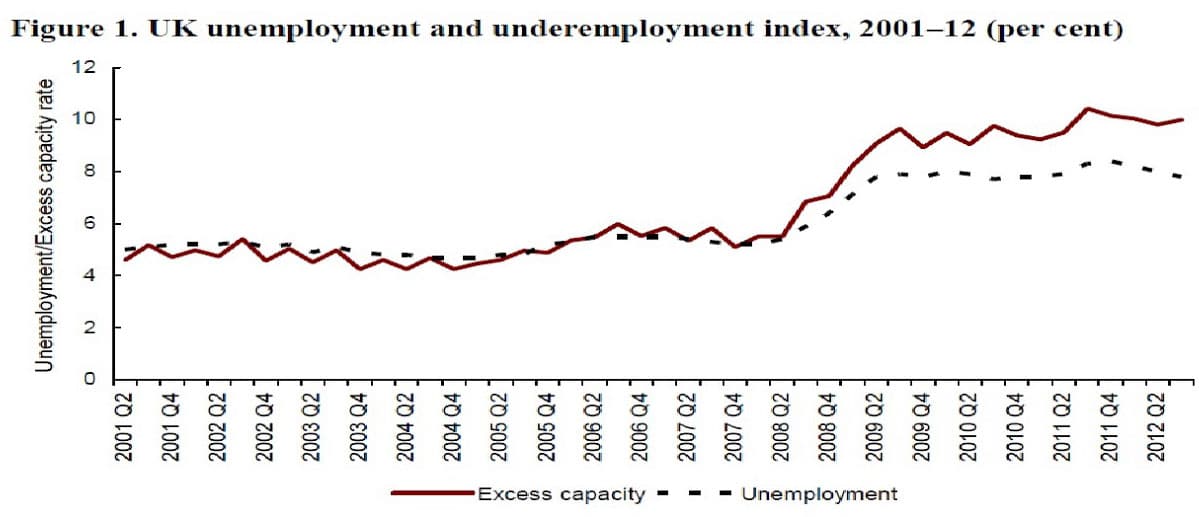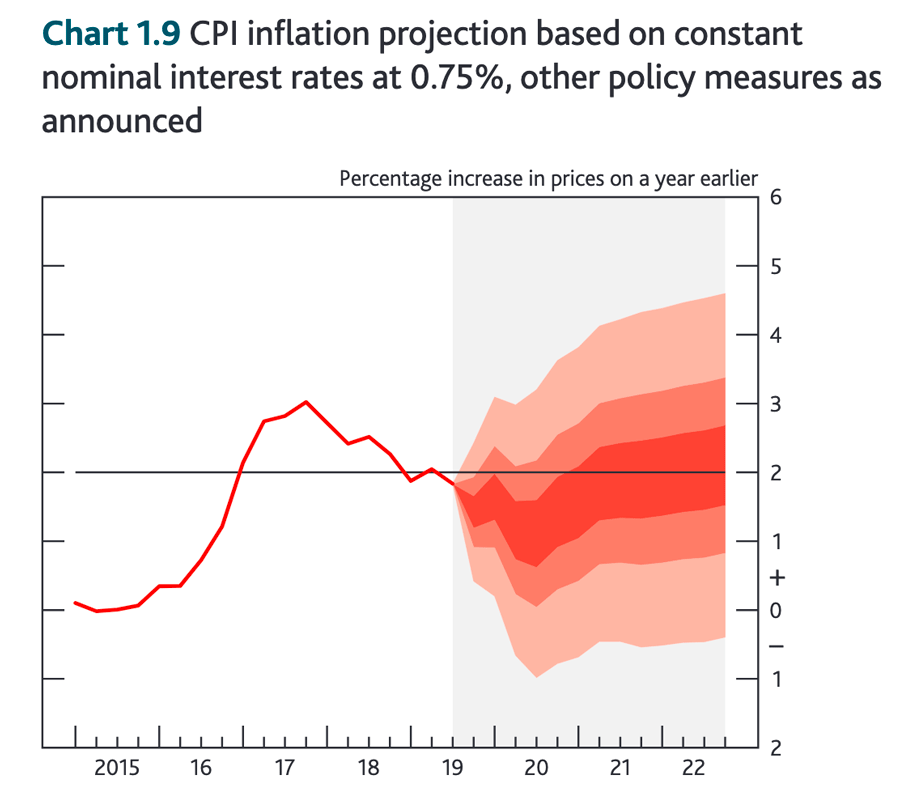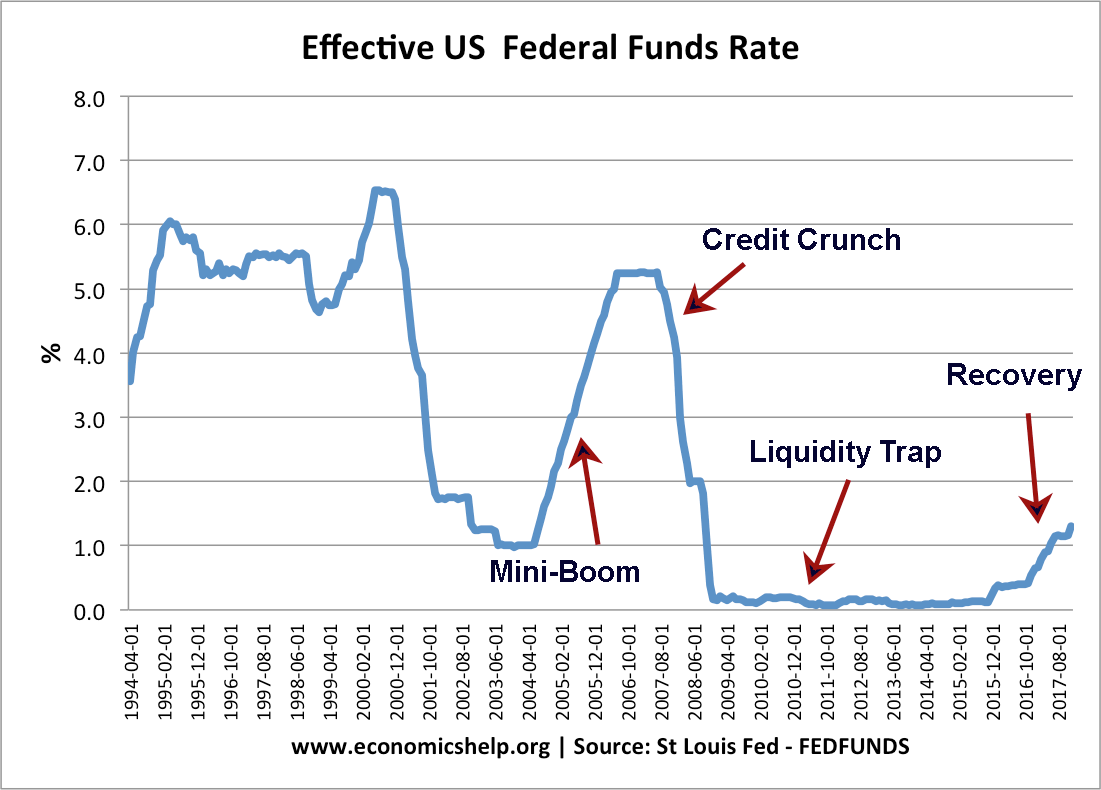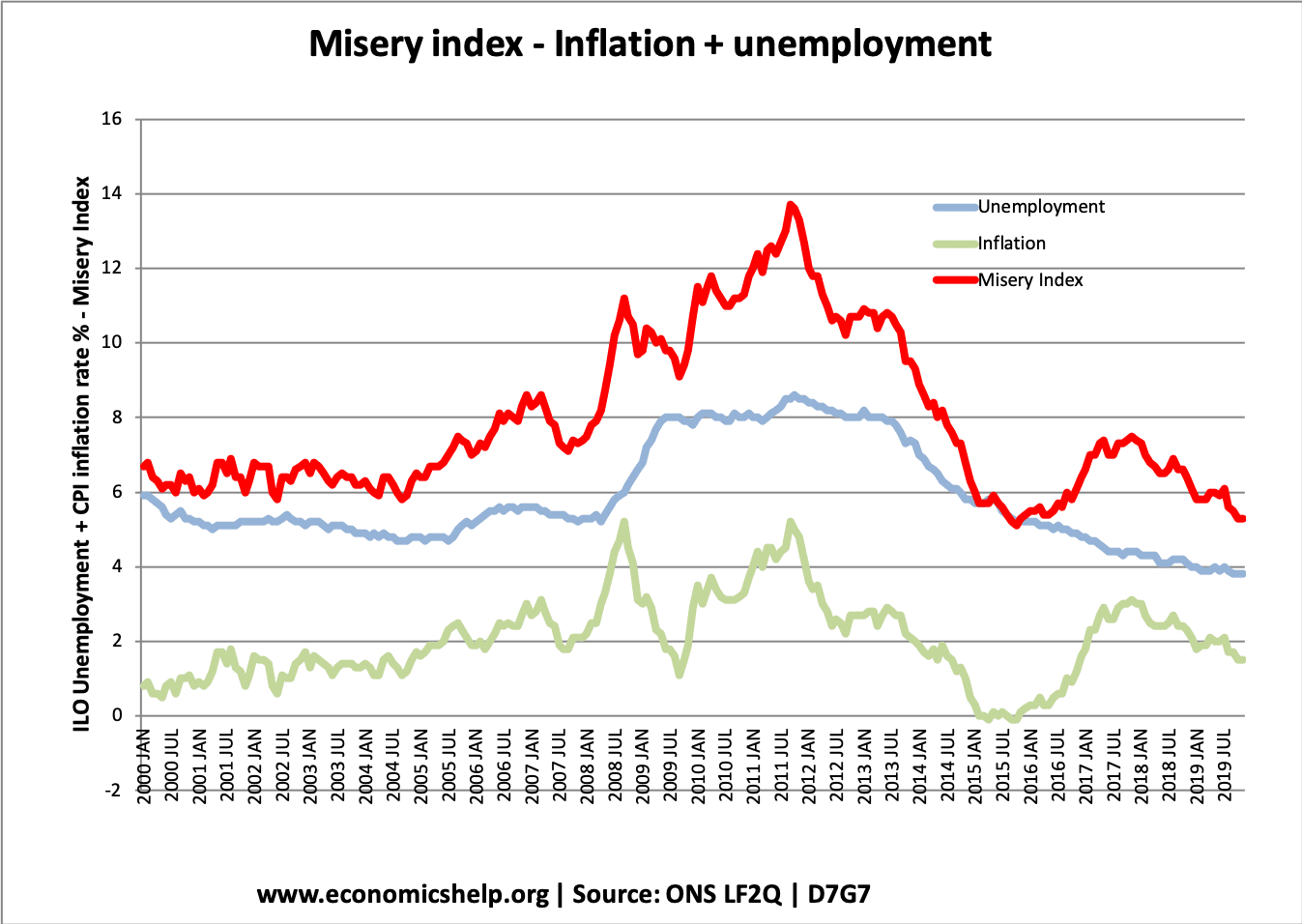Definition of Full Employment
Readers Question: explain how economists define ‘full employment’? The first definition of full employment would be the situation where everyone willing to work at the going wage rate is able to get a job. This would imply that unemployment is zero because if you are not willing to work then you should not be counted …

